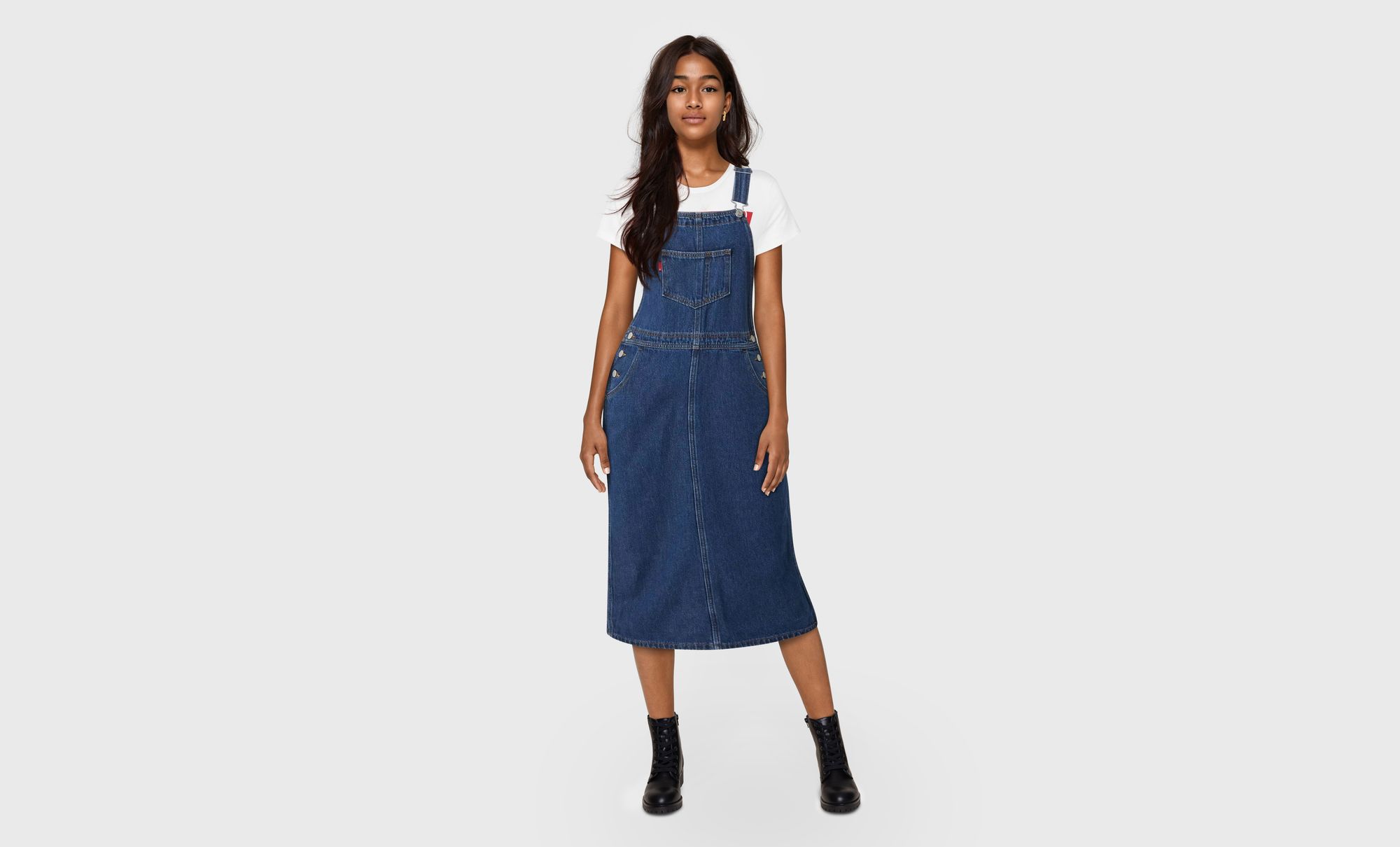Levi's Testing AI-Generated Clothing Models For More Inclusive Shopping Experience

Levi's is stepping up its online shopping game with AI-generated clothing models set to launch later this year. The move is aimed at creating a more body-inclusive and diverse online shopping experience for customers. Levi's has partnered with Lalaland.ai, a digital fashion studio that creates realistic AI-generated fashion models.
Currently, Levi's website and app only feature clothing on a single model, but with the introduction of AI models, shoppers will be able to view products on models of various sizes, ages, body types, and skin tones. This development aims to help consumers find clothes that resemble their body type and provide a more personalized shopping experience.
Levi's claims that using AI-generated models is more sustainable than relying solely on human models. However, the company has not disclosed which platforms will host the AI models, nor whether they will be customizable by users.
Levi's has stated that AI-generated models will not replace human models, but rather supplement them to promote diversity, equity, and inclusion. The company has been cutting costs and reducing its workforce in recent years, so the impact on human models is unclear.
Other companies, such as Walmart and Amazon, have taken a different approach to promoting a personalized online shopping experience by adopting augmented reality (AR) technology. Walmart's Be Your Own Model feature allows users to virtually try on clothes using their own photos and AR technology, while Amazon Fashion has partnered with Snap to let users virtually model branded glasses and sunglasses using AR filters.
Levi's upcoming experiment with AI-generated clothing models is a step towards promoting diversity and inclusivity in fashion. As more companies explore innovative ways to enhance the online shopping experience, we can expect to see further developments in the intersection between fashion and technology.

